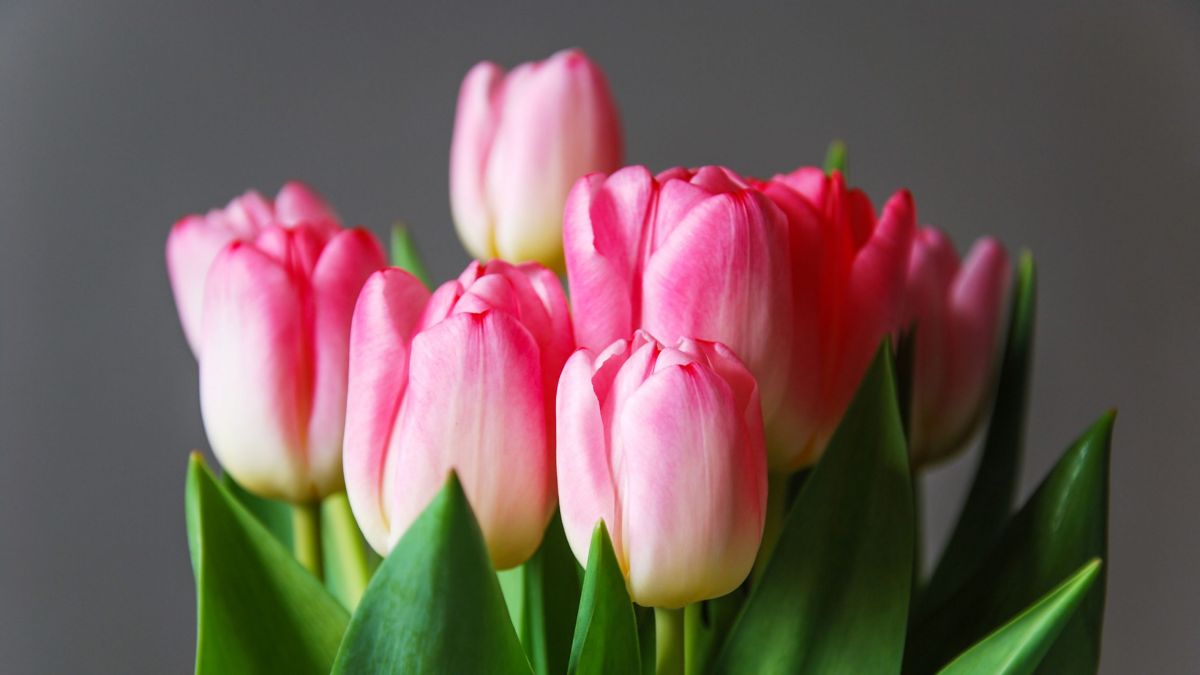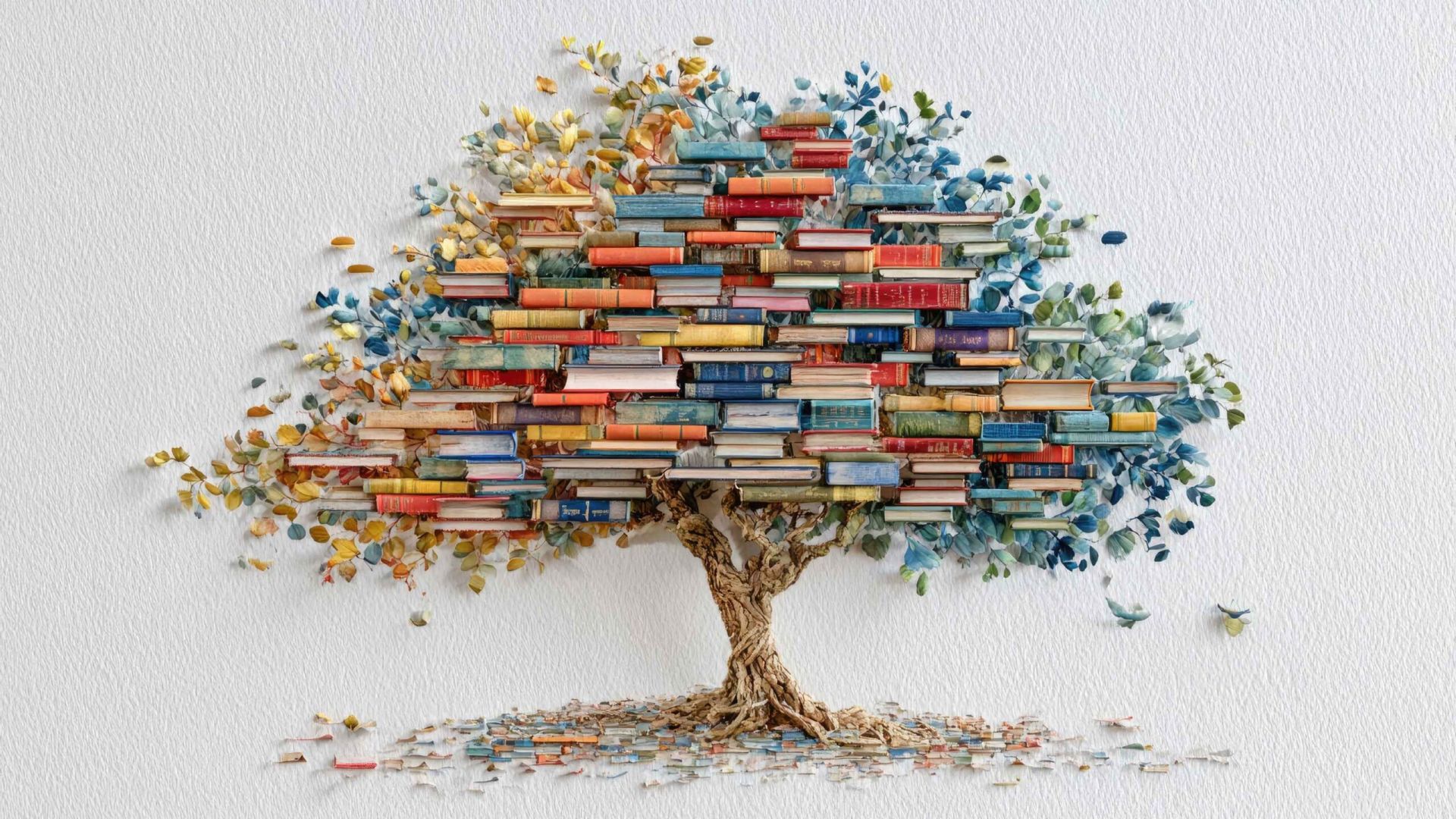The Muslim Woman: Her Status in the Ummah
Imām ʿAbd al-ʿAzīz ibn Bāz
The Muslim Woman: Her Status in the Ummah
Imām ʿAbd al-ʿAzīz ibn Bāz


The status of the Muslim woman in Islām is a very noble and lofty one, and her effect is very great in the life of every Muslim. Indeed the Muslim woman is the initial teacher in building a righteous society, providing she follows the guidance from the Book of Allāh and the Sunnah of the Messenger (ﷺ). Since adherence to the Qurʾān and the Sunnah distances every Muslim – male or female – from being misguided in any matter. The misguidance that the various nations suffer from, and their being deviated does not come about except by being far away from the path of Allāh – the Most Perfect, the Most High – and from what His Prophets and Messngers – may Allāh’s Peace and Prayers be upon them all – came with. The Prophet (ﷺ) said:
“I am leaving behind you two matters, you will not go astray as long as you cling to them both, the Book of Allāh and my Sunnah.” 2
The great importance of the Muslim woman’s role – whether as wife, sister, or daughter, and the rights that are due to her and the rights that are due from her – have been explained in the noble Qurʾān, and further detailed of this have been explained in the purified Sunnah.
The secret of her importance lies in the tremendous burden and responsibility that is placed upon her, and the difficulties she has to shoulder – responsibilities and difficilties some of which not even a man bears.
This is why from the most important obligations upon a person is to show gratitude to the mother, and kindness and good companionship with her. And in this matter, she is to be given precedence over and above the father. Allāh the Exalted says:
وَوَصَّيْنَا الْإِنسَانَ بِوَالِدَيْهِ حَمَلَتْهُ أُمُّهُ وَهْنًا عَلَىٰ وَهْنٍ وَفِصَالُهُ فِي عَامَيْنِ أَنِ اشْكُرْ لِي وَلِوَالِدَيْكَ إِلَيَّ الْمَصِيرُ ﴿١٤﴾
“And We have enjoined upon man to be good and dutiful to his parents. His mother bore him in weakness upon weakness and hardship upon hardship, and his weaning is in two years. Show gratitude and thanks to Me and to your parents. Unto Me is the final destination.”
[Luqmān, 31:14]
Allāh the Exalted said:
وَوَصَّيْنَا الْإِنسَانَ بِوَالِدَيْهِ إِحْسَانًا ۖ حَمَلَتْهُ أُمُّهُ كُرْهًا وَوَضَعَتْهُ كُرْهًا ۖ وَحَمْلُهُ وَفِصَالُهُ ثَلَاثُونَ شَهْرًا ۚ
“And We have enjoined upon man to be dutiful and kind to his parents. His mother bears him with hardship, and she brings him forth with hardship. And the bearing and weaning of him is thirty months.”
[al-Ahqāf, 46:15]
A man came to the Messenger of Allāh (ﷺ) and said: “O Messenger of Allāh! Who from amongst mankind warrants the best companionship from me?” He replied:
“Your mother.”
The man asked, “Then who?” So he replied:
“Your mother.”
The man then asked, “Then who?” So the Prophet replied again:
“Your mother.”
Then the man asked, “Then who?” So he replied:
“Your father.” 3
So this necessitates that the mother is given three times the likes of kindness and good treatment than the father.
As regards the wife, then her status and her effect in making the soul tranquil and serene has been clearly shown in the noble āyah (statement of Allāh), in His – the Exalted – saying:
وَمِنْ آيَاتِهِ أَنْ خَلَقَ لَكُم مِّنْ أَنفُسِكُمْ أَزْوَاجًا لِّتَسْكُنُوا إِلَيْهَا وَجَعَلَ بَيْنَكُم مَّوَدَّةً وَرَحْمَةً ۚ إِنَّ فِي ذَٰلِكَ لَآيَاتٍ لِّقَوْمٍ يَتَفَكَّرُونَ ﴿٢١﴾
“And from His signs is this: That He created for you wives amongst yourselves, so that you may find serenity and tranquility in them. And He placed between you affection and mercy. Indeed in this are signs for those who reflect.”
[Sūrah al-Rūm 30:21]
Al-Ḥāfiẓ Ibn Kathīr (d.774H) – raḥimahullāh – said whilst explaining the terms muwaddah and raḥmah which occur in the above āyah:
“Al-muwaddah means love and affection and al-raḥmah means compassion and pity – since a man takes a woman either due to his love for her, or because of compassion and pity for her; by giving to her a child from himself…” 4
And the unique stance that the Prophet’s (ﷺ) wife Khadījah – raḍī Allāhu ʿanhā – took, had a huge effect in calming and reassuring the Messenger of Allāh (ﷺ), when the angel Jibrīl (ʿalayhis salām) first came to the cave of Hiraa. So the Prophet (ﷺ) returned to Khadījah (raḍī Allāhu ʿanhā) with the first Revelation and with his heart beating and trembling severely, and he said to her:
“Cover me! Cover me!”
So she covered him until his fear was over, after which he told Khadījah (raḍī Allāhu ʿanhā) everything that happened and said:
“I fear that something may happen to me.”
So she said to him:
“Never! By Allāh! Allāh will never disgrace you. You keep good ties with the relations, you help the poor and the destitute, you serve your guests generously and assist those who have been afflicted with calamities.” 5
And do not forget about Āʾishah (raḍī Allāhu ʿanhā) and her great effect. Since even the great Companions used to take the knowledge of Ḥadīth from her, and many of the Sahaabiyaat (female Companions) learned the various rulings pertaining to women’s issues from her.
And I have no doubt that my mother – may Allāh shower His mercy upon her – had a tremendous effect upon me, in encouraging me to study; and she assisted me in it. May Allāh greatly increase her reward and reward her with the best of rewards for what she did for me.
And there is no doubt also, that the house in which there is kindness, gentleness, love and care, along with the correct Islamic tarbiyah (education and cultivation) will greatly effect the man. So he will become – if Allāh wills – successful in his affairs and in any matter – whether it be seeking knowledge, traḍīng, earning a living, or other than this. So it is Allāh alone that I ask to grant success and to guide us all to that which He loves and is pleased with. And may the Prayers and Peace of Allāh be upon our Prophet Muḥammad and upon his Family, his Companions and his followers.
Endnotes:
- He is the exemplary Scholar: Abū ʿAbdullāh, ʿAbd al ʿAzīz Ibn ʿAbdullāh Ibn Bāz. He was born in the city of Rīyaḍh (Saudi al-ʿArabīa) on the 12th of Dhu al-Ḥijjah in the year 1330H. He began seeking knowledge by first memorizing the Qurʾān before reaching the age of puberty. After this, He began to study noble sciences such as ‘Aqīdah (beliefs), Fiqh (Islamic Jurisprudence), Ḥadīth (Prophetic Narrations), Uṣūl al-Fiqh (fundamentals of jurisprudence), Faraa`id (Laws of inheritance), Nahw (Grammar) and Sarf (morphology) – even though the Shaykh became permanently blind at the age of nineteen. He studied these sciences under some of the most prominent scholars of Rīyaḍh and Makkah of his time, including Shaykh Muḥammad Ibn ʿAbd al Lateef Ibn ʿAbd al Raḥmān Ibn Ḥasan and also the former Grand Muftī and noble scholar, Shaykh Muḥammad Ibn Ibrāhīm – whom he studied under for ten years. He lived to be eighty-nine years old, he was mild, generous and forbearing in nature, yet firm, whilst wise while speaking the truth. He was a zāhid (one who abstains) with respect to this world and he was one of the foremost scholars of Ahl al-Sunnah wa-al-Jamāʿah in his age. The noble Shaykh – by Allāh’s grace – devoted his whole life to Islām and it’s people, authoring many books and booklets, teaching and serving the masses, along with being very active in the field of daʿwah. May Allāh forgive our noble father and Shaykh. This article was a response to a particular question concerning the position and status of Muslim women and has been taken from his Majmūʿul Fatāwá wa Maqālātil Mutanawwi`ah (3/348-350).
- Ḥasan: Related by Mālik in al-Muwaṭṭaa (2/899) and al-Ḥākim (1/93), from Ibn ʿAbbās (raḍī Allāhu ʿʿʿanhu). It was authenticated by Shaykh al-Albānī in al-Ṣaḥihah (no. 1871).
- Related by al-Bukhārī (no. 5971) and Muslim (7/2), from Abū Hurayrah (raḍī Allāhu ʿʿʿanhu).
- Tafsīr Qurʾānil A’dtheem (3/439) of al-Ḥāfiẓ Ibn Kathīr.
- Related by al-Bukhārī (1/22) and Muslim (1/139), from the lengthy narration of Āʾishah (raḍī Allāhu ʿanhā).
⚠️ Donate to the Yearly Digital Daʿwah Sponsorship Drive – $20,000 Target
Become a sponsoring publisher of free islamic content.
Most Popular: Last 30 Days

The Difference Between Ghusl (Ritualistic Shower) to Remove Janābah (impurity) and a Common Shower

The Prohibition of Putting Oneself Ahead of Allāh and His Messenger (ﷺ)









